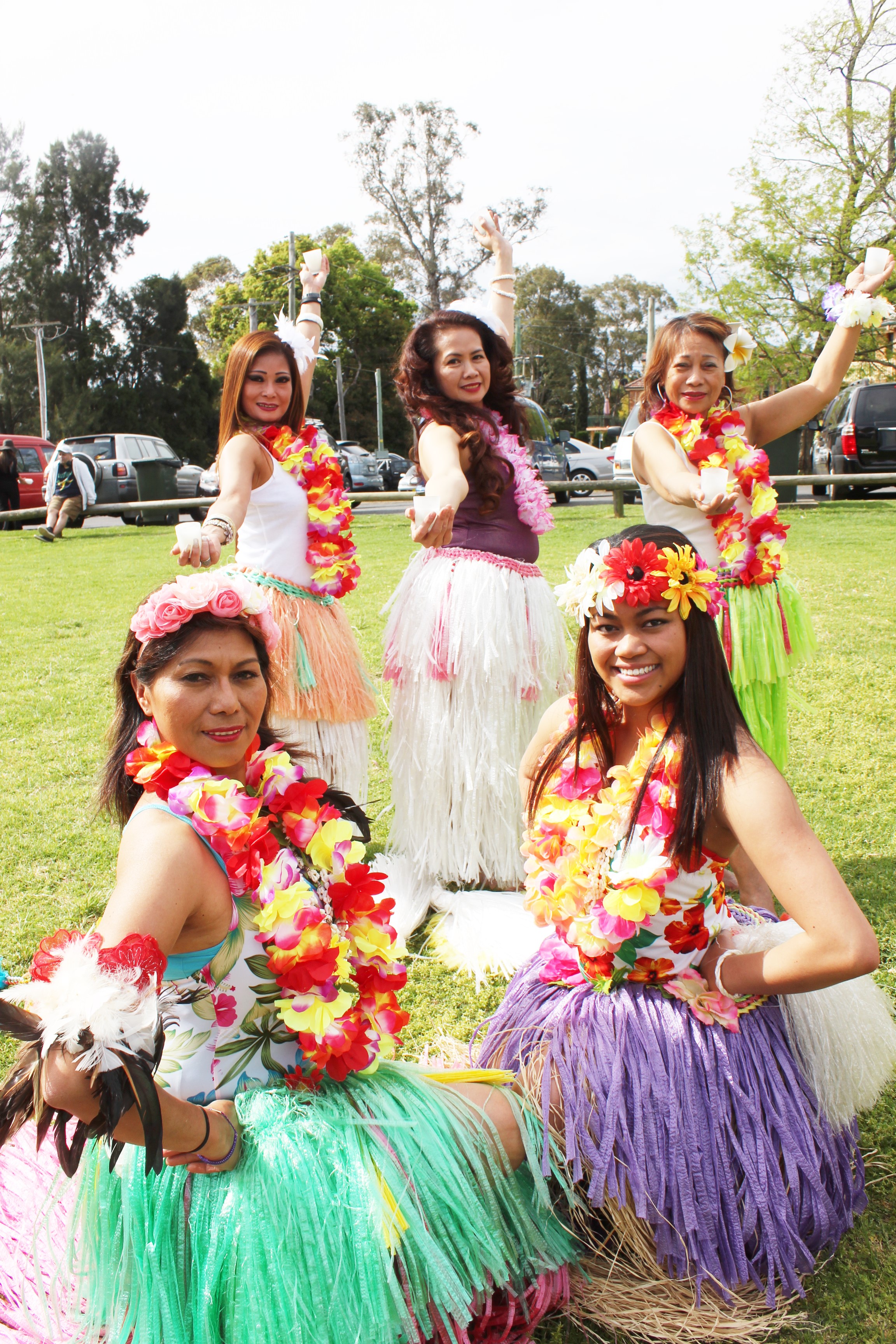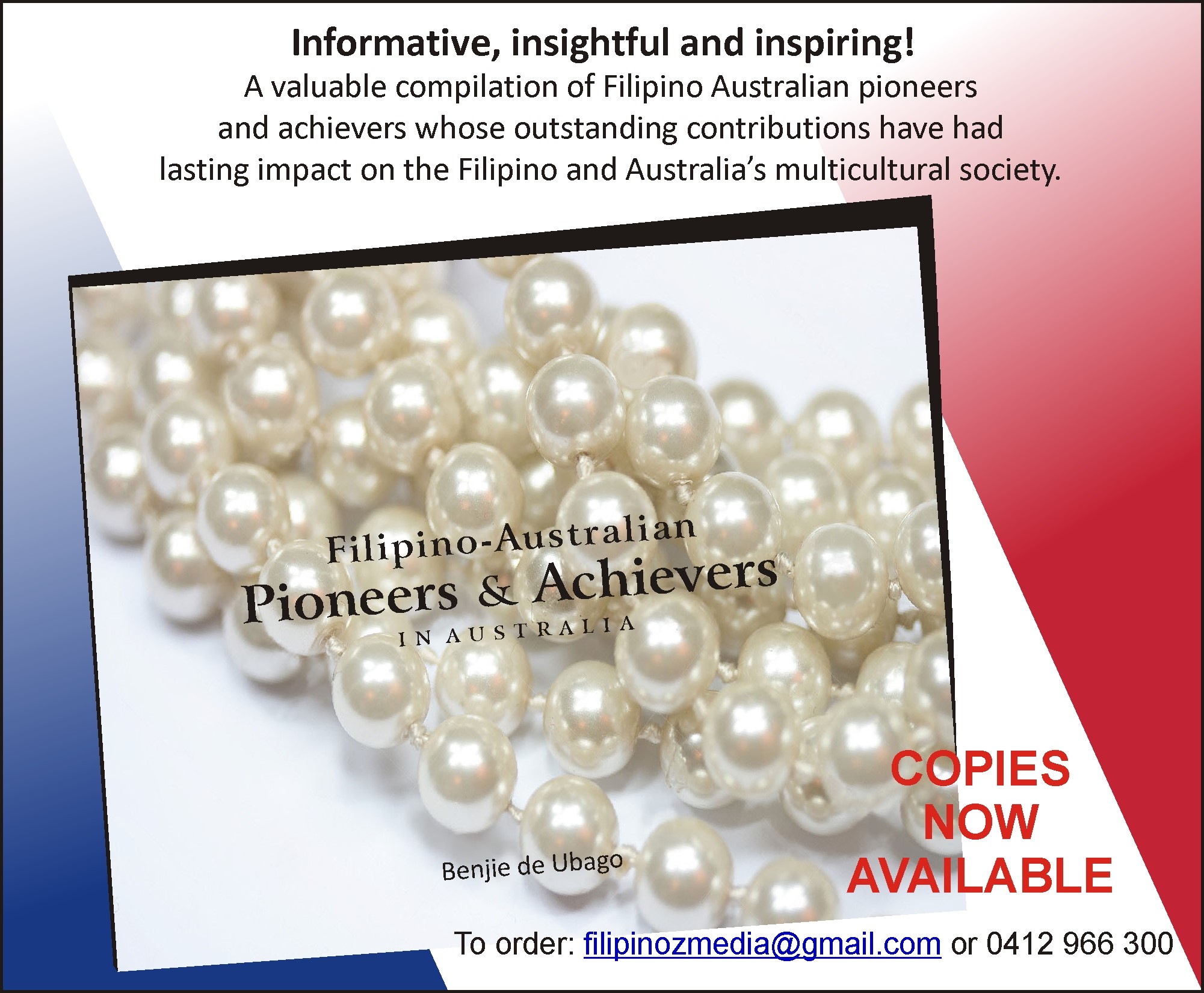This is my first article in Bikol Mail for 2017. For weeks I could not figure out what to write about because of so many pressing issues occupying my mind. They are mostly political in nature, ranging from the future of refugees and immigrants under the administration of the unpredictable Donald Trump to the proposed transfer of the US embassy in Israel to Jerusalem – a move that could trigger more bloodbaths in the Middle East.
The ongoing extra-judicial killings in the Philippines and the possibility of Bongbong Marcos stealing the vice-presidency from Leni Robredo through legal machinations continue to bother me.
On a personal level, the thought of how my grandchildren will be treated in a society like America that appears to be getting more intolerant of diversity is a cause of concern.
Faced by these innumerable vicissitudes in life, I thought I would write about a topic that is “politically neutral,” something that is not offensive, yet strikes the heart of anyone just the same: Friendship.
For quite sometime now, I’ve observed how Facebook has redefined the meaning of friendship. With one click on the computer key board, one can easily meet new friends online. There is excitement in being able to chat and share experiences with another person one hardly knows, although at times information shared are not true but meant to deceive the other person.
With the amount of time that so-called friends spend on Facebook chatting, there is no doubt in my mind that these persons will develop a bond of sorts. But sometimes I wonder if the bond will last, especially if one is not even sure if the personal profile one posts on Facebook is real or not.
Sometimes, I am even surprised that by just one click, one can unfriend a friend. It tells me that they are not really friends but just pretenders.
The kind of friendship that the social media is promoting these days is a far cry from the kind of friendship that my generation has experienced.
It was the late Muhammad Ali who said that “friendship is the hardest thing in the world to explain. It’s not something you learn in school. But if you haven’t learned the meaning of friendship, you really haven’t learned anything.”
Indeed, friendship is the hardest thing to explain because it takes time to develop. It also takes patience and sincerity. It cannot be artificially created by some social media tools like Facebook, where one’s photos, status or personal updates are given more emphasis and importance than what really matters like personal disposition or personal values.
Friendship comes with being open to all that could happen – good or bad. It is not, as someone anonymous said, “about people who act true to your face. It’s about people who remain true behind your face.”
Friendship is often based, or should I say, starts with common connections. Then it develops into what I can do for the other person. I call it a blessing if the doing-to-the-other-person stuff is mutual and lasts forever. But sometimes it doesn’t. There are the fair-weather friends who flee at the sight of any problems or difficulties. When you need them the most, they are nowhere to be found.
Some are lucky to have friends – childhood friends, high school friends, and professional friends – who have stayed with them through thick and thin. They have become their drinking buddies, wedding sponsors, email and text pals, confidants, and supporters in one’s advocacies. They are true and tested friends who are always there for you in the best of times and in the worst of times. Some people become friends because they like each other’s company. Others become chums because of common experiences and interests.
Aristotle, one of the greatest philosophers, once said, “Without friends no one would choose to live, though he had all other goods.”
Back in his time, Aristotle had already thought about the power of friendship. Thus, friendship cannot be taken for granted. It serves like a well that one can draw support from. It can also serve like a spring that provides life, without which human relationship is devoid of meaning. Life without a friend is death without a witness, is how a Spanish proverb puts it.
During our golden high school reunion last year, I noticed with my high school friends their need to feel connected. They enjoyed talking about their shared values and interests. They enjoyed drinking together. It is as if they wanted to just hang out with one another and spend time together.
Laura Carstensen, a Stanford University psychologist, developed an influential theory called “socio-emotional selectivity”: As people sense that their time is near, they shed superficial relationships to concentrate on those they find most meaningful.
“They invest more in their remaining connections,” observed Gary Kennedy, director of geriatric psychiatry at Montefiore Medical Center. On a similar note, I am reminded of what Albert Camus wrote, “Don’t walk behind me; I may not lead. Don’t walk in front of me; I may not follow. Just walk beside me and be my friend.”
I am a witness to this truism as my high school buddies intensely talk of getting together more often, now that the members of our batch are nearing the “fields where roses fade.”
*Published first in Bikol Mail, Naga City, Philippines on 13 February 2017










Leave a Reply